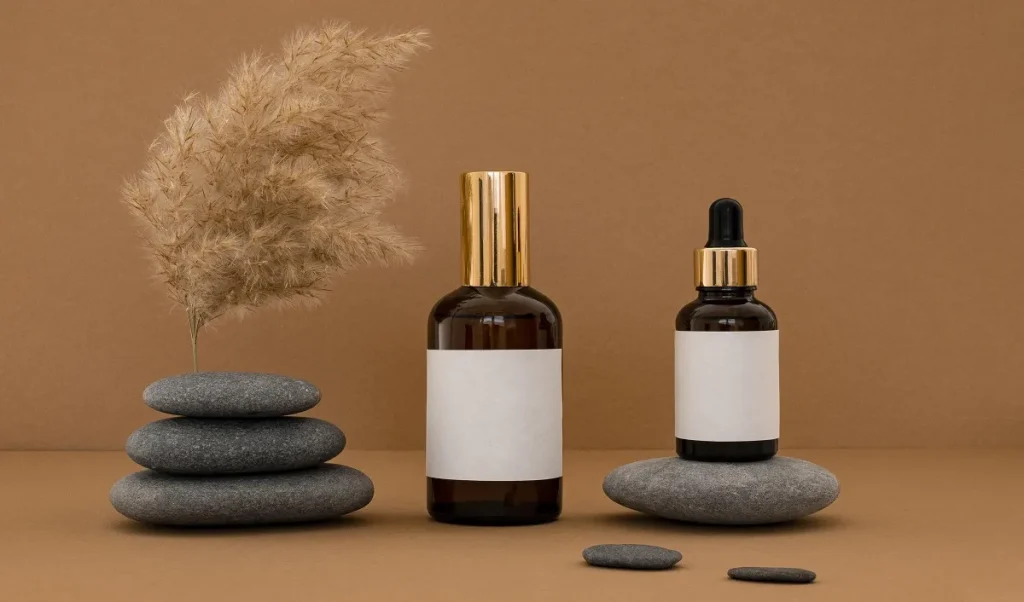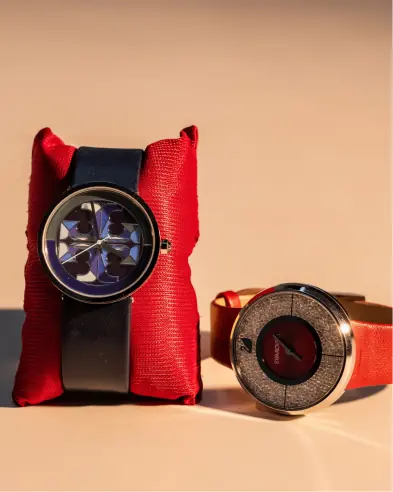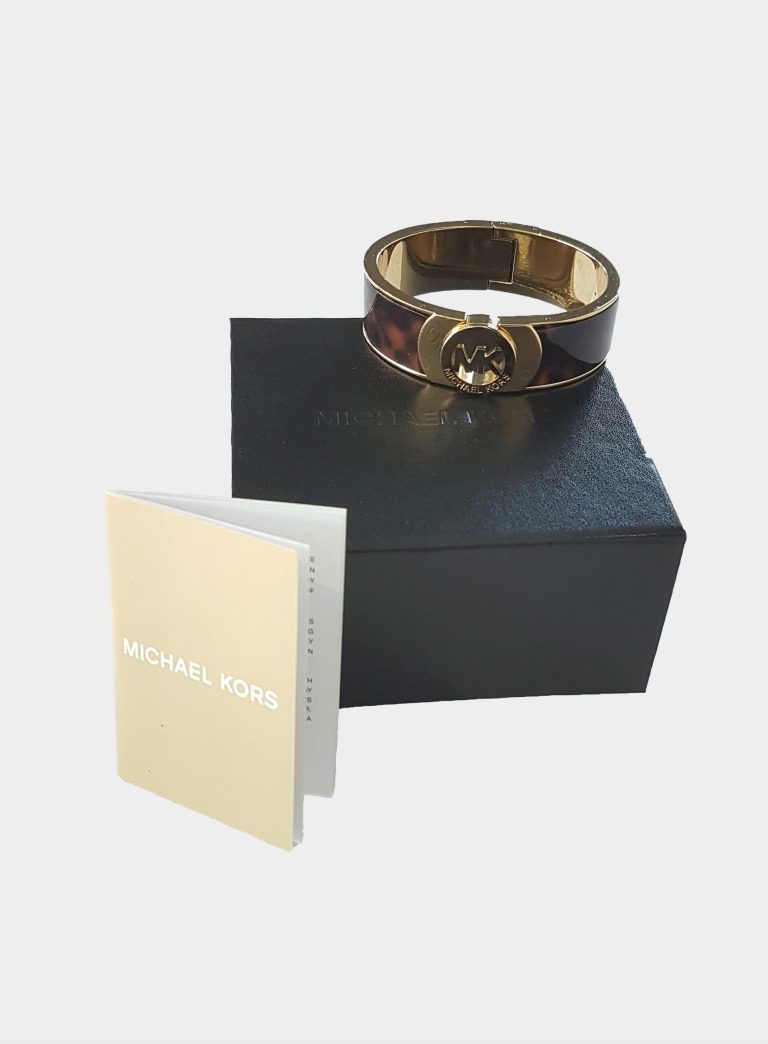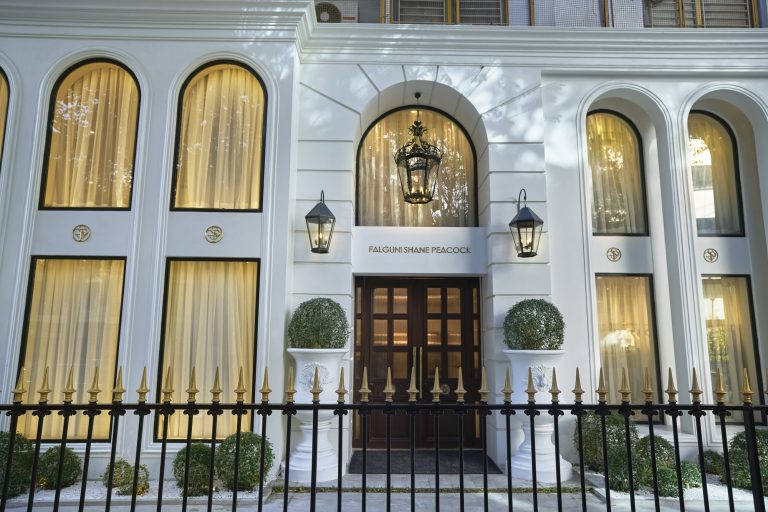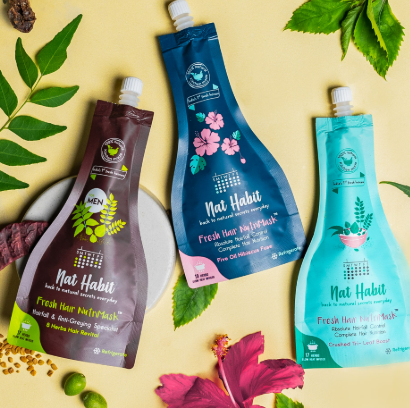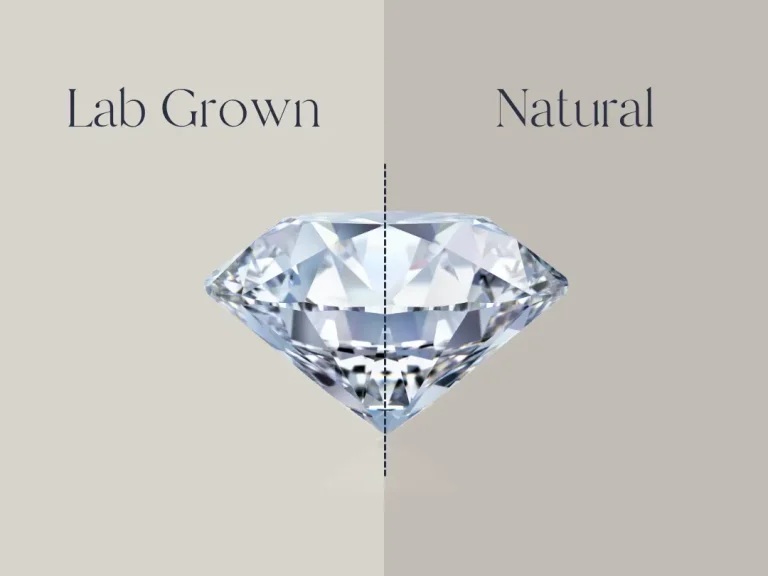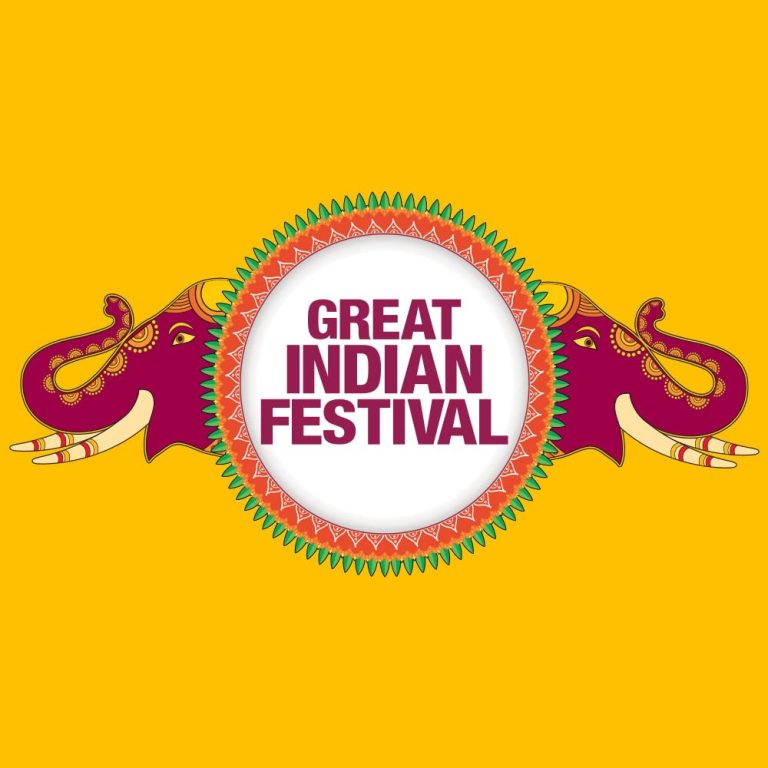Ayurveda aims to globally promote a healthy lifestyle, leveraging India’s recent success in cosmetics to ride the wave of international adoption.
“The beauty market in 2023: A special State of Fashion report,” McKinsey reported that “The next few years will be a dynamic time for the beauty industry, filled with opportunities and new challenges. […] The Middle East is expected to fuel growth, with India expected to emerge as a new hot spot in the longer term.”
What exactly is Ayurveda and its functioning?
Emerging in India millennia ago, Ayurveda represents an ancient medical philosophy centred on a natural, holistic approach to both physical and mental well-being.
Ayurvedic beauty practices have been an integral part of Indian culture for centuries, blending holistic wellness with natural ingredients. Ayurveda, a traditional system of medicine, emphasises the balance between mind, body and spirit to achieve optimal health and beauty. In India, Ayurvedic beauty rituals are deeply rooted in the belief that inner well-being reflects outer radiance.
Why is Ayurveda gaining traction in the contemporary global beauty sector?
In recent years, a wave of new Indian brands has emerged, focusing on Ayurvedic principles. With the pandemic reshaping consumer values towards holistic wellness over mere aesthetic ideals, there’s a ripe opportunity for these brands to expand globally. This trend reflects a broader shift in consumer perspectives on wellness, indicating a growing influence of Ayurveda in the beauty industry worldwide.
Ayurvedic practices often involve the use of herbs, oils, and other natural ingredients that are believed to nourish and rejuvenate the skin. Ayurvedic beauty treatments focus on cleansing, exfoliating and moisturising the skin using ingredients like turmeric, sandalwood, aloe vera, and rosewater. These natural remedies not only enhance the skin’s health but also address specific skin concerns like acne, pigmentation and ageing.
When did Indian brands steeped in Ayurvedic principles begin to flourish? The journey of Kama Ayurveda, Forest Essentials, Patanjali, and others
In previous years, Indian beauty brands faced challenges in convincing local consumers of their value as a distinct and niche alternative to global labels. However, as India has emerged as a new hub for beauty trends, brands rooted in Ayurvedic traditions such as Kama Ayurveda, Forest Essentials, and Patanjali are now thriving. They aspire to globalize Indian traditions, challenging industry giants like L’Oréal, Estée Lauder, as well as luxury brands such as Dior and Chanel.
Forest Essentials, recognized as one of India’s most popular brands, has established a significant presence in the domestic beauty market. Through a focus on luxury Ayurvedic products, the brand has built a strong following both locally and internationally.
Forest Essentials has a wide retail presence with standalone stores, luxury boutiques, and online platforms. The brand has several standalone stores and counters in international locations, primarily in upscale shopping districts, luxury department stores, and airports. They have a significant presence in countries like the United States, United Kingdom, Singapore, Malaysia, Thailand and the United Arab Emirates. Forest Essentials’ international stores often offer a wide range of Ayurvedic beauty and wellness products, including skincare, haircare and body care items. The Kama Ayurveda brand has also experienced remarkable growth in the Indian beauty market. The brand’s commitment to purity and efficacy has garnered a loyal following. Kama Ayurveda products are available through their exclusive stores, select luxury retail outlets and their online store. Kama Ayurveda has expanded its reach globally and has international stores in various countries. They have stores in the United States, the United Kingdom, Singapore, Malaysia, Thailand, and the Middle East. Kama Ayurveda’s international stores showcase their range of Ayurvedic skincare, haircare and body care products, allowing customers to experience the brand’s offerings firsthand.
Biotique also has a substantial market presence in India. The brand’s affordable pricing and diverse product range make it accessible to a wide range of consumers. Biotique products are available through various distribution channels, including exclusive stores, leading supermarkets, pharmacies and e-commerce platforms.
Himalaya Herbals also holds a prominent position in the Indian beauty and wellness industry. Renowned for its combination of quality and affordability, the brand has garnered extensive acclaim, with its products easily accessible through various retail outlets, pharmacies, supermarkets, and online channels.
Patanjali, an Ayurvedic brand founded by Baba Ramdev and Acharya Balkrishna, provides a fascinating case history. Under Baba Ramdev’s leadership, Patanjali has become one of the fastest-growing FMCG (Fast-Moving Consumer Goods) companies in India. The brand offers a diverse range of Ayurvedic products, including personal care items, food and beverages, health supplements and more. Patanjali emphasises natural ingredients, herbal extracts and traditional Ayurvedic formulations in their products.
Patanjali’s success story has been marked by its disruptive presence in the Indian FMCG market. The brand has challenged established players and gained a substantial market share, primarily due to Baba Ramdev’s mass appeal, the trust associated with Ayurveda, and the affordability of Patanjali products. It’s worth noting that while Patanjali has enjoyed immense success, the brand has also faced controversies and scrutiny regarding its marketing claims and product quality. However, it remains a significant player in the Ayurvedic and wellness sector in India.
Last but not least, a brand growing organically is also Pahadi. ‘Pahadi’ in Hindi means ‘from the hills’. It has taken inspiration from the Himalayas, incorporating traditional Himalayan beauty rituals and ingredients into their products. The brand aims to showcase the natural beauty and wellness traditions of the region and actively participates in social initiatives to give back to the local Himalayan communities. The company works on projects related to education, healthcare and environmental conservation.
Finally, Vicco Laboratories was established by Mr. Keshav V Pendharkar in 1952. Vicco Laboratories, which has praised the Indian Ayurveda and its nurturing, protecting and rejuvenating medicinal products and remedies from a fierce abyss of disdain and contempt to the peak of worldwide recognition, esteem and honour, has completed its tough and tedious march of sixty years and has celebrated The Diamond Jubilee. VICCO Group has emerged today as makers of the best internationally known Ayurveda products.
Why are major players in the global beauty industry turning their focus to Indian brands, from Estée Lauder to Puig?
While the global beauty industry boasts a valuation nearing 500 billion dollars and is dominated by large conglomerates, India’s cosmetics market reached 15.6 billion dollars last year, as per Euromonitor, with projections to grow to 17.4 billion dollars by 2025. Though the journey may be challenging, there’s ample opportunity for accelerated growth through sustained investments.
Recognizing this potential, beauty giants like L’Oréal, The Estée Lauder Companies, and the Spanish conglomerate Puig have expressed interest in the Indian market and its indigenous brands.
For instance, Estée Lauder acquired a 20% stake in the premium skincare brand Forest Essentials back in 2008, and last July, its new ventures arm collaborated with India’s beauty and lifestyle retailer Nykaa to support local companies and entrepreneurs.
Similarly, L’Oréal made its initial foray into India’s market in 2013 by acquiring Mumbai-based skincare brand Cheryl’s Cosmeceuticals. Recently, it has also invested in Indian beauty startups like DSG Consumer Partners, a venture capital firm specializing in consumer brands across India and Southeast Asia. In September last year, Puig acquired a majority stake in Kama Ayurveda.
These Indian beauty brands have not only captured the attention of industry leaders but have also attracted investment from notable players.
LATEST SPECIAL
